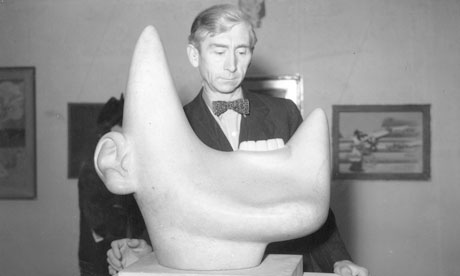 The perspicacious writer of the literary blog: Frisbee, a Book Journal, recently posted an interesting piece on short stories, in which she celebrated the Capuchin Classic On Horseback and other Stories. This was one of the first four Capuchins to be released into the wild, and it canters on very steadily to this day.
The perspicacious writer of the literary blog: Frisbee, a Book Journal, recently posted an interesting piece on short stories, in which she celebrated the Capuchin Classic On Horseback and other Stories. This was one of the first four Capuchins to be released into the wild, and it canters on very steadily to this day.Reading this blog reminded me of my own ignorance about the short story genre. Although one of my favourite books is such a collection - On Becoming a Fairy Godmother, by Sara Maitland - I remain woefully under-read in the area of the classic exponents of the genre. Time to open the Maupassant, I think.
I am pleased to note that the Frisbee author shares my passion for cycling as well as reading, and adorns her blog with a photograph of a very elegant bicycle, smartly accessorised with a classic pannier. I think panniers are the second best human invention, after the bicycle itself.
David







